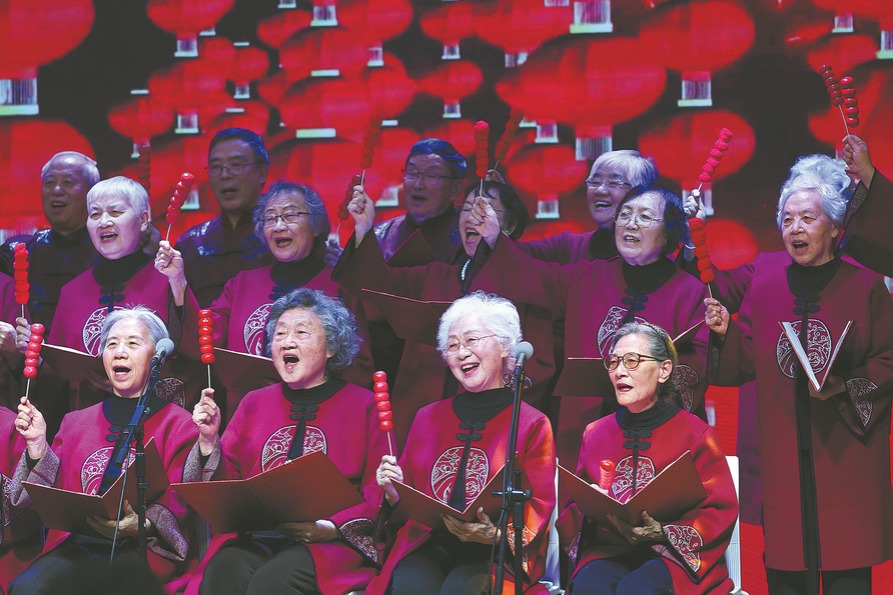Dialects with a twist
With punchlines, parody, and plenty of personality, young Chinese are making local dialects cool again — and sparking a nationwide language revival, Gui Qian reports.


"Has the grain been filled?" is a playful way of asking, "Have you eaten?" Similarly, "Your hands are like excavators, with the strength of bears, wolves, and leopards "means "You have a strong grip."
These expressions, marked by grammatical quirks and vivid metaphors, are known as Nangyanwen or "Nan Chinese".
Nan, a type of baked flatbread, is a staple food for the Uygur, Kazakh, and some other ethnic groups in Northwest China's Xinjiang Uygur autonomous region. Recently, Nangyanwen has gone viral across major Chinese social media platforms, with many people eager to imitate and learn these distinctive expressions.
One of the key figures promoting this trend is Mardanjan Ruzi, a vlogger from Xinjiang.
Since February, he has released seven videos featuring the dialect, each garnering tens of millions of views.
He explains that Nangyanwen is a "hybrid" of Mandarin and Uygur ways of thinking — when Mandarin fails to precisely convey a thought, speakers borrow key elements from Uygur sentence structures, creating uniquely inverted phrases and imaginative metaphors.
"Nangyanwen is lively because it's deeply rooted in the daily lives of Xinjiang people," Ruzi said, recalling his early videos from 2022, when he referred to this style as "Xinjiang talk", before the term Nangyanwen was coined.
At the time, however, many people saw accented, locally flavored languages as "rustic" and felt embarrassed to speak them.
"Thanks to this online trend, 'Xinjiang talk' is now seen as humorous and fun, and Xinjiang people as warm and friendly. It encourages everyone to connect with us and learn our way of speaking," he said.
Ruzi believes that Nangyanwen has gained popularity across China because it's easy to pick up.
Unlike some dialects that require systematic study, Nangyanwen's appeal lies in having "a foundation in Mandarin with a regional twist". It mainly involves adjusting word order and adding distinctive vocabulary, making this form of "micro-innovation" more accessible to a wider audience.
In Ruzi's view, Nangyanwen acts as a bridge between pure Xinjiang dialect and Mandarin. By connecting the two, it allows Xinjiang's language and culture to be better preserved and shared.




































